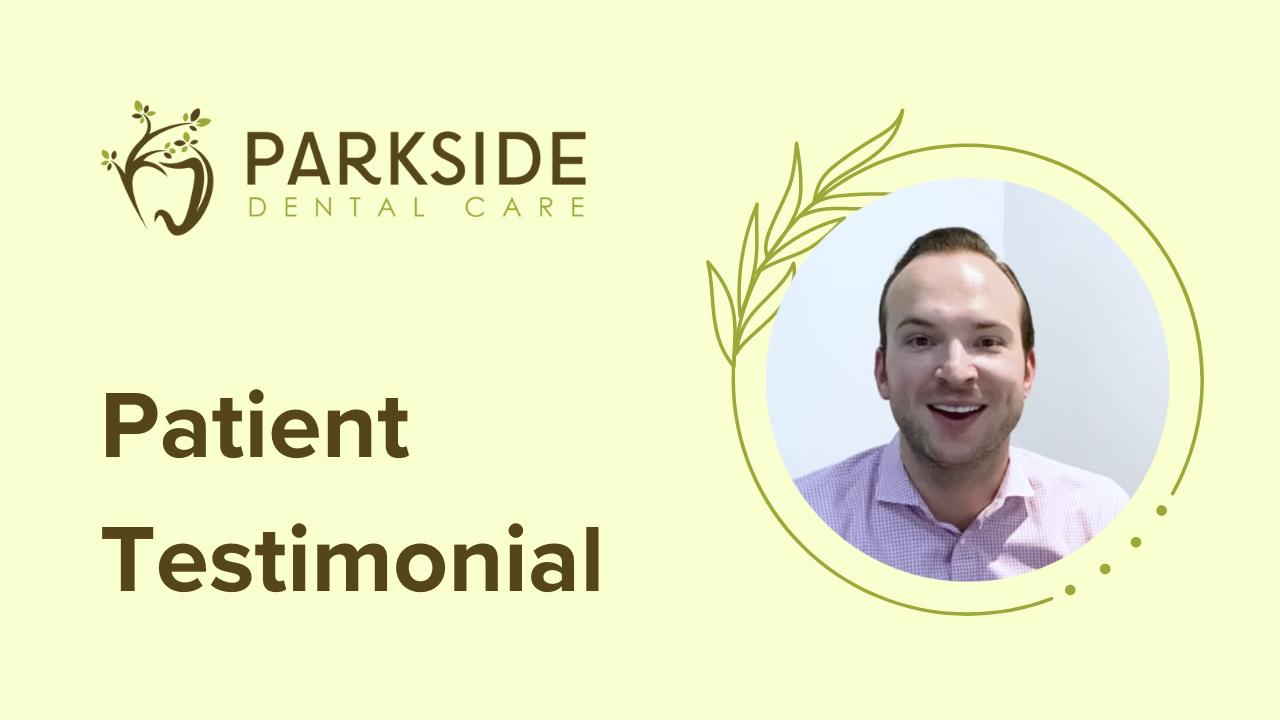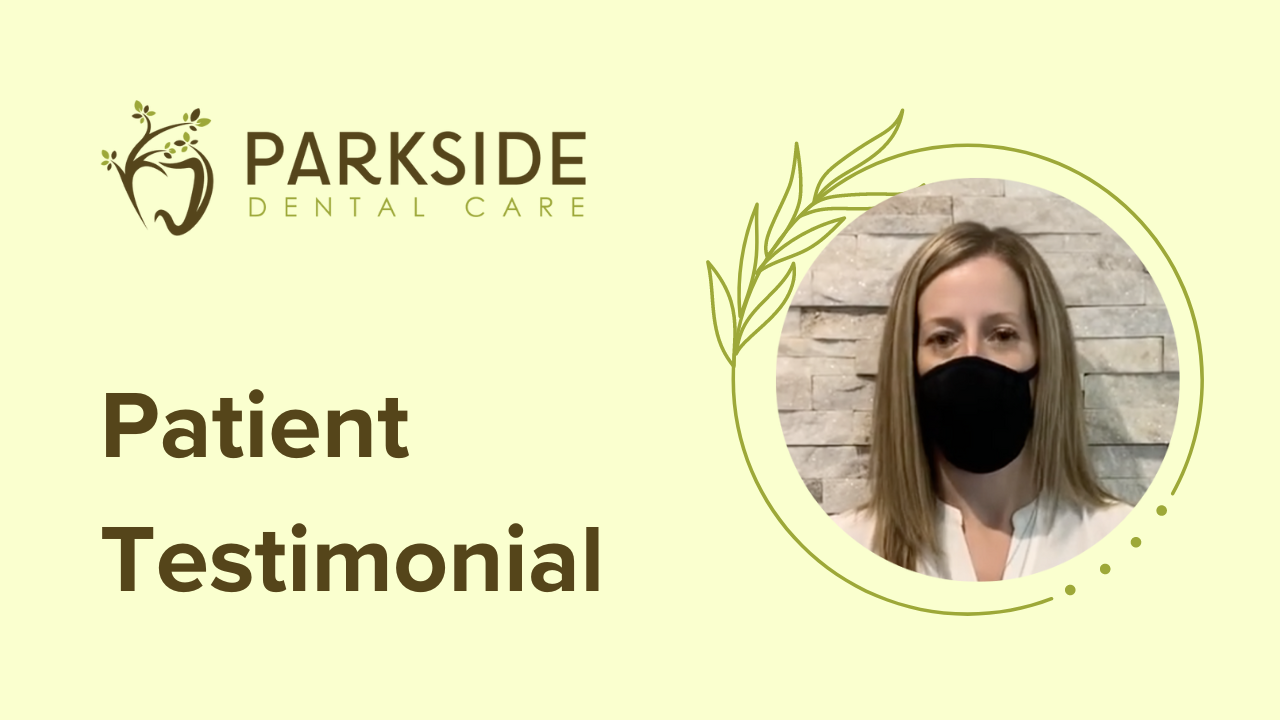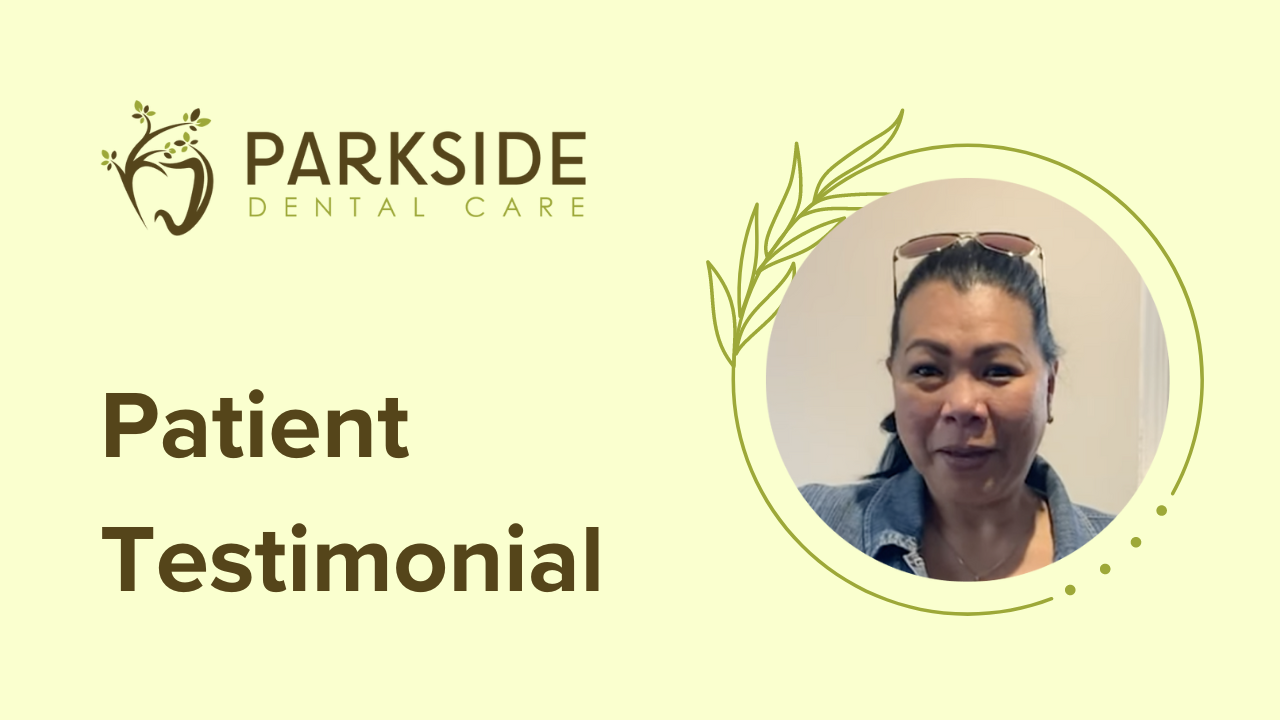
The Signs And Symptoms Of Oral Cancer
Identifying oral cancer early is crucial as it involves abnormal cell growth in the mouth, lips, tongue, or throat. Effective treatment rates are high with prompt detection. Those aged 45 and older are at higher risk, but it’s important for everyone to undergo oral cancer screening if they notice any of these symptoms:
- Changes in mouth or lip colour, such as white or dark red patches.
- Unusual texture changes or unexpected lumps.
- Persistent canker sores, numbness, or frequent bleeding.
- Altered tongue sensation, taste differences, or difficulty swallowing.
The risk factors for oral cancer
Several behaviors and conditions increase the risk of oral cancer:
- Use of tobacco products such as cigarettes, cigars, and chewing tobacco.
- Heavy or moderate alcohol consumption, especially when combined with tobacco use.
- Possible infection with human papillomavirus (HPV) in the mouth.
- Excessive sun exposure as part of one’s lifestyle.
- Poor diet or unhealthy eating habits.
- Family history of oral cancer.
- Higher incidence of oral cancer in men compared to women.
- History of leukoplakia, characterized by thick, whitish patches inside the mouth.
Prevention, Detection And Treatment Of Oral Cancer
Effective management of oral cancer involves personalized treatment plans tailored to the specific severity, type, and location of the suspected cancerous growths.
Spotting Early Signs of Cancer
Early detection is the primary goal of an oral cancer screening, aiming to identify cancer or precancerous conditions in your mouth promptly. During this examination, your dentist thoroughly examines the inside of your mouth and beneath your tongue, looking for any abnormal red or white patches and suspicious sores. They also carefully feel the tissues inside your mouth to check for lumps or unusual textures. Additionally, your dentist may examine the outer areas of your throat and neck for any signs of lumps or abnormalities.
Diagnosis and Treatment
If your oral screening detects signs of cancer, further testing may be recommended, such as a biopsy (where a small piece of suspicious tissue is removed for laboratory examination) or imaging tests like X-rays, ultrasounds, CT scans, or MRI scans. Treatment options for confirmed tumours may include surgery, chemotherapy, or radiation therapy.
Prevention of Oral Cancer
To significantly decrease your risk of oral cancer, proactive measures are crucial. Regular dental check-ups are essential for routine examinations. It’s important to quit using tobacco products and consume alcohol responsibly. Protect your lips from direct sunlight and use lip balms that provide UV protection. A balanced diet rich in fruits and vegetables promotes overall oral health. During your daily oral hygiene routine, conduct self-checks of your mouth to detect any unusual signs early. Promptly inform your dentist of any concerns for timely evaluation and potential prevention of oral cancer. These proactive steps are vital in minimizing the likelihood of developing oral cancer.
Contact us today
to schedule an initial consultation & exam.
Your consultation will include an examination of everything from your teeth, gums and soft tissues to the shape and condition of your bite. Generally, we want to see how your whole mouth looks and functions. Before we plan your treatment we want to know everything about the health and aesthetic of your smile, and, most importantly, what you want to achieve so we can help you get there.

Winner Of The Three Best Rated Award
Dr. Chiang is the winner of the 3 Best Rated award for Best Dentists in Newmarket.
Frequently Asked Questions
Considering any risk factors linked to oral cancer, it’s advisable to request an oral cancer screening during your regular dental check-up. If you notice unusual patches in your mouth or feel a lump or suspicious sore, it’s essential to schedule an appointment promptly for evaluation. Screening for oral cancer can lead to early detection, which is crucial for effective treatment and improved outcomes.
During an oral cancer screening, your dentist conducts a thorough examination of your lips, the inside of your mouth (including cheeks, gums, and all sides of your tongue), and feels for any lumps or unusual textures. Additionally, they may palpate your face, jaw, throat, and neck for any abnormalities or tenderness. This comprehensive assessment helps in early detection and prompt management of oral cancer.
Begin by washing your hands thoroughly with warm, soapy water. Stand in front of a well-lit bathroom mirror and carefully examine the roof of your mouth, lips, tongue, and gums. Pull your top lip upward and your bottom lip downward to inspect behind them. Use a piece of gauze or a cotton pad to gently grip your tongue and examine its sides and underside. Feel the inside of your mouth with your fingers for any changes in colour, lumps, unusual textures, or areas of tenderness. Take note of any sores that do not heal within two weeks and promptly inform your dentist for further evaluation. Regular self-examinations are crucial for detecting potential oral health issues, including oral cancer, early on.
In its early stages, mouth cancer often manifests as small, flat patches that are typically painless. These patches can appear in various colours such as red, white, grey, or yellow, often with red edges. They can develop on any part of the mouth, including the lips and gums. Early recognition of these symptoms is crucial for prompt diagnosis and effective treatment.
Yes, oral cancer is highly treatable if detected early. Early diagnosis allows for less invasive treatment options and significantly improves the chances of successful outcomes. Regular screenings and prompt reporting of any suspicious symptoms to your dentist are crucial for early detection.
Common risk factors for oral cancer include tobacco use (smoking or chewing), heavy alcohol consumption, human papillomavirus (HPV) infection, excessive sun exposure, poor oral hygiene, and a diet lacking in fruits and vegetables.









